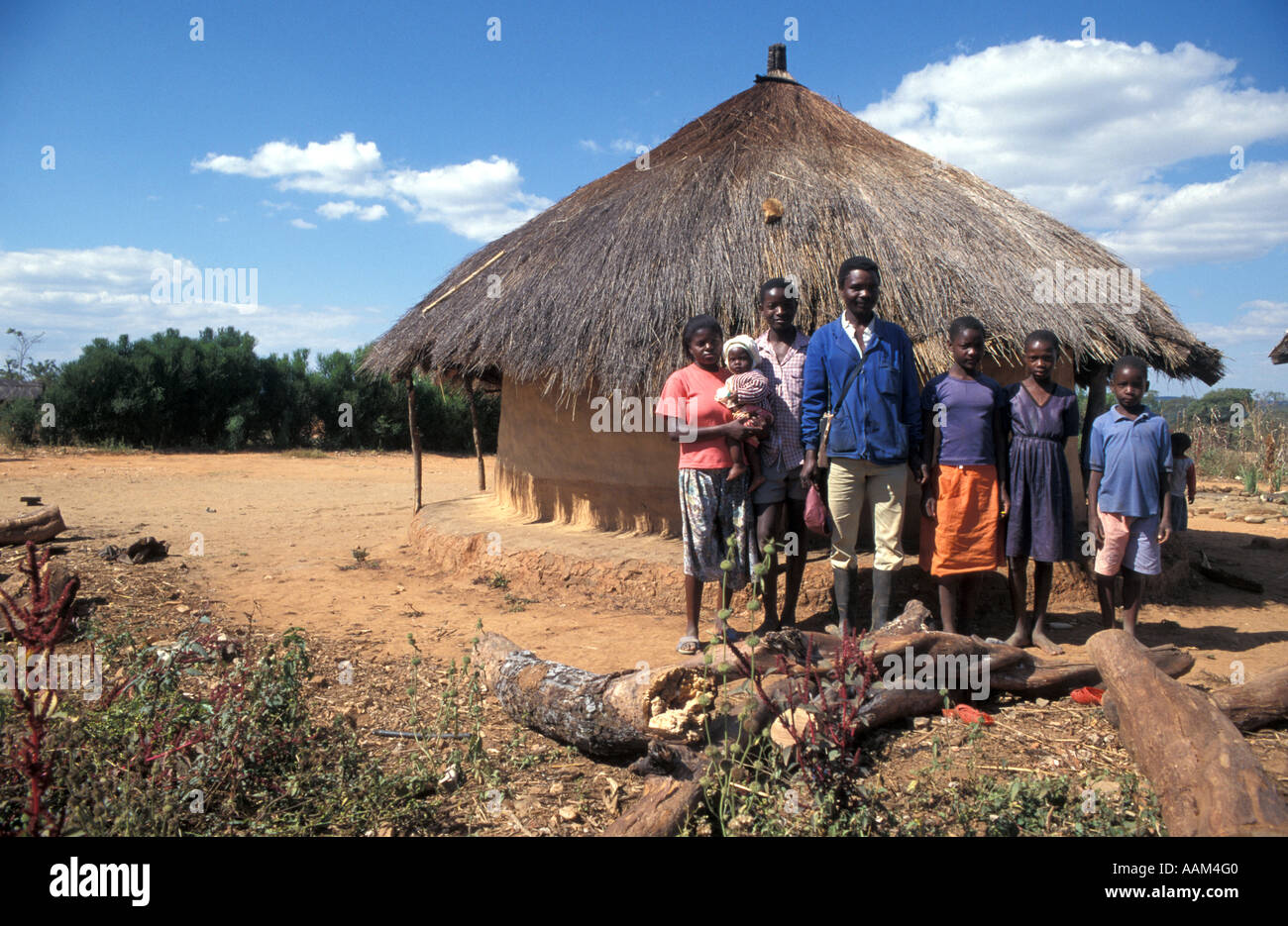
Focusing on transforming rural areas, we demonstrate in this introduction to the special issue how the question of what constitutes a good life in contemporary Laos, China and Vietnam is by no means straightforward. Electricity and Wifi are now regarded as life’s essentials for many rather than a luxury only accessible to the elite. Yet what constitutes a life worth living is an open question, and one that can take a very specific form depending on context while being driven by a general expectation of rising living standards. Jackson notes that ‘it is one thing to be alive it is quite another thing to feel alive and to think that life is worth living’ (2017: ix). The seemingly contradictory union of socialist ideology with market-based economics provides a unique place for future aspirations to take root and unfold, while also engendering a distinct politics of development. Late socialist countries are not immune to the pressures of globalisation, neoliberalism and restructuring found elsewhere, but these dynamics intersect with socialist rhetoric and institutions, and manifest in people’s lived experiences in unique and often contradictory ways. How this political economic trajectory shapes ideas of the good life and imaginaries of the future in these countries is the primary theme of the papers in this special issue. But, at the same time, this loosening of the economic climate has not gone hand in hand with significant liberalisation of the political landscape, as the Communist party retains its singular leadership. Within a few decades, centralised planning has given way to market economic policies. The speed of change across these late socialist countries is unprecedented. Consequently, societal transformations in these contexts are subject to pressures and agendas not found elsewhere, and yet they are no less in the thrall of global forces than in other parts of the world. These countries are three of the few living examples that combine capitalist economics with party state politics and attempt to manage both simultaneously. 1 Across China, Laos and Vietnam, where market economies coexist with socialist rhetoric and the Communist party state’s rule, sweeping processes of change open up new vistas of opportunity and imaginaries of the future alongside uncertainty and anxiety. These words are echoed in social transformations throughout late socialist Asia.

The socialist rhetoric that marked the generation above him remains, but the economic policies of socialism, along with its vision of the future, are receding fast, to become a memory. Now aged 21, this young person is entering adult life at a time of unprecedented change. These are the words of a student from a rural area of northern Laos, studying at a Chinese university, to one of the authors in 2019. I want to have my own business one day and make enough money to support my parents. At university the teachers tell us that in the future we can be rich. I came from our village in the countryside to the city to study and now I have a good job.

I know that I will have a different life from my parents. Keywords: rural late socialism Asia development aspirations The contributions in the issue address this question by engaging with lived experiences and government agendas across Laos, China and Vietnam, showing a politics of development in which desire and hope are entangled with the contradictions and struggles of late socialism. As all three countries maintain substantial rural populations, and because those rural areas are themselves places of change, how rural people across these changing contexts undertake future making is a timely and significant question. Consequently, societal transformations in these contexts are subject to pressures and agendas not found elsewhere, and yet they are no less subject to global forces than elsewhere. These countries are three of very few living examples that combine capitalist economics with party state politics.

Across China, Laos and Vietnam, where market economies coexist with socialist political rhetoric and the Communist party state’s rule, sweeping processes of change open up new vistas of imaginaries of the future alongside uncertainty and anxiety. Late socialist countries are transforming faster than ever.


 0 kommentar(er)
0 kommentar(er)
